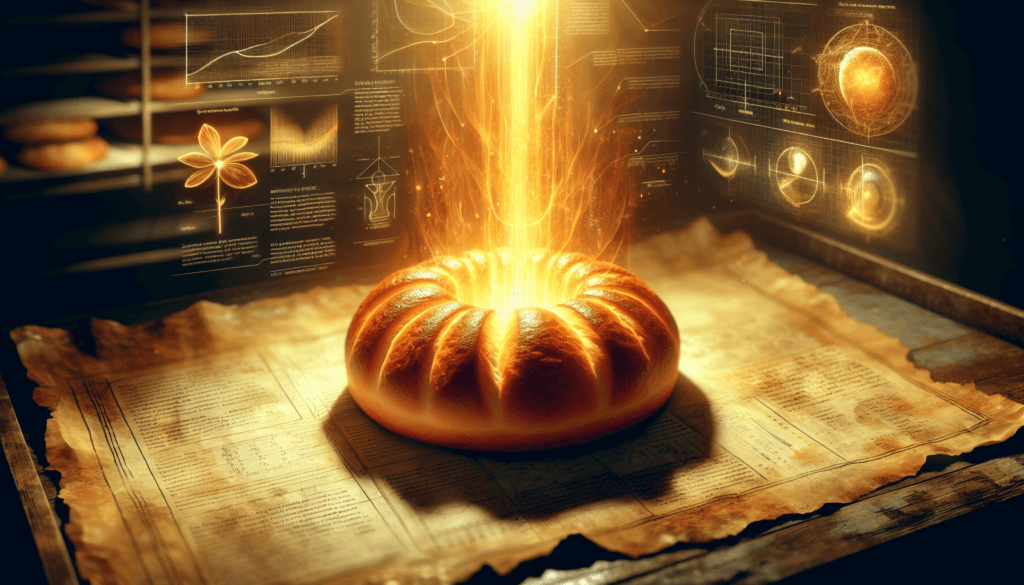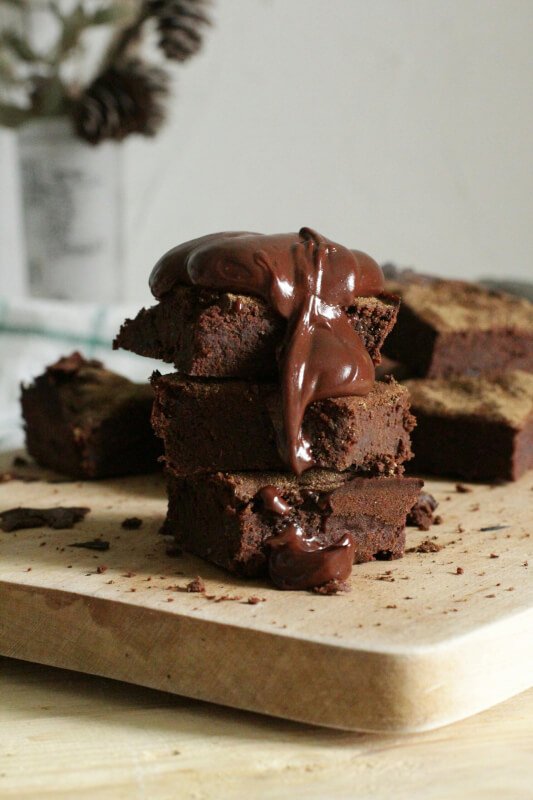Are you a passionate baker looking to take your skills to the next level? Then understanding the science behind baking is key. In this article, we will explore the fascinating world of temperature and timing in baking. Discover how the precise measurement of heat and the perfect timing can transform your creations from good to extraordinary. With a deeper understanding of the science behind these factors, you will be able to unleash your full baking potential and create delicious treats that will impress even the most discerning taste buds. So, grab your apron and let’s dive into the science of baking!
The Importance of Temperature in Baking
Baking is both an art and a science, and one of the key factors that can greatly impact the outcome of your baked goods is temperature. Understanding how temperature affects the ingredients, oven, and timing is crucial for achieving the perfect result every time. In this article, we will delve into the role of temperature in baking, the effects it has on various ingredients, techniques for controlling temperature, timing considerations, and tips for achieving the desired outcome.
Understanding Oven Temperature
When it comes to baking, setting the correct oven temperature is essential. Different recipes require different temperature settings, and even a slight deviation can significantly affect the final product. Additionally, preheating the oven before baking is crucial for ensuring even heat distribution and consistent results. Neglecting to preheat the oven can result in unevenly baked goods or undercooked centers. In this section, we will explore the significance of setting the correct oven temperature, the importance of preheating, common oven temperature mistakes, and the tools available for monitoring oven temperature.
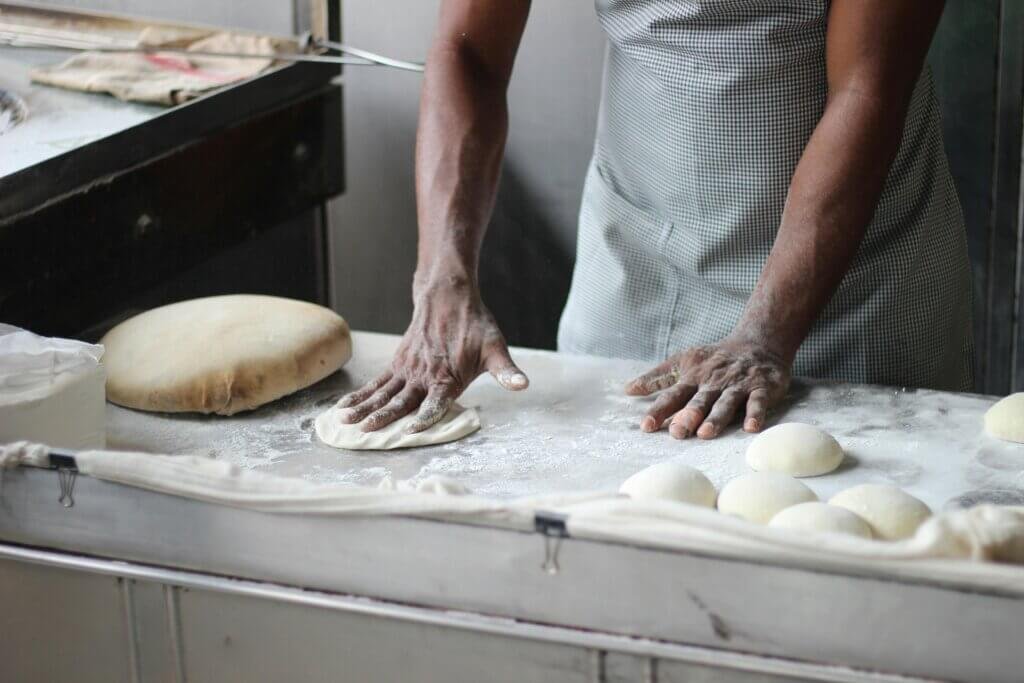
Effects of Temperature on Ingredients
Temperature plays a vital role in how ingredients behave during the baking process. From flours and grains to fats and oils, temperature can influence their structure, texture, and taste. Understanding these effects is key to achieving the desired outcome in your baked goods. In this section, we will examine how temperature affects various ingredients commonly used in baking, such as flours, grains, fats, oils, sugars, sweeteners, and leavening agents.
Temperature Control Techniques
Maintaining proper temperature control throughout the baking process is crucial for consistent and successful results. This involves using ingredients at the right temperature, utilizing refrigeration when necessary, and understanding the effects of heat on different ingredients. In this section, we will discuss the importance of using room temperature ingredients, the role of refrigeration in baking, how to properly temper ingredients, and the effects of heat on different ingredients.

Timing in Baking
In addition to temperature, timing also plays a significant role in baking. Understanding the importance of timing and knowing how long to bake different types of goods is essential for achieving the desired texture, flavor, and doneness. Undercooking or overcooking can result in unpleasant outcomes, such as a dense and undercooked cake or a dry and crunchy cookie. In this section, we will delve into the importance of timing in baking, considerations for different baked goods, the effects of undercooking and overcooking, and techniques for determining baking times and doneness.
Chemical Reactions and Timing
Timing is not only crucial for achieving the desired texture and doneness; it also affects the chemical reactions that occur during the baking process. Leavening agents, protein denaturation, Maillard reaction, and caramelization are all influenced by timing. Understanding these reactions and their relationship with timing can help you create baked goods with the perfect flavor, texture, and appearance. In this section, we will explore the activation times of leavening agents, the role of timing in protein denaturation, the Maillard reaction, and the impact of timing on caramelization.
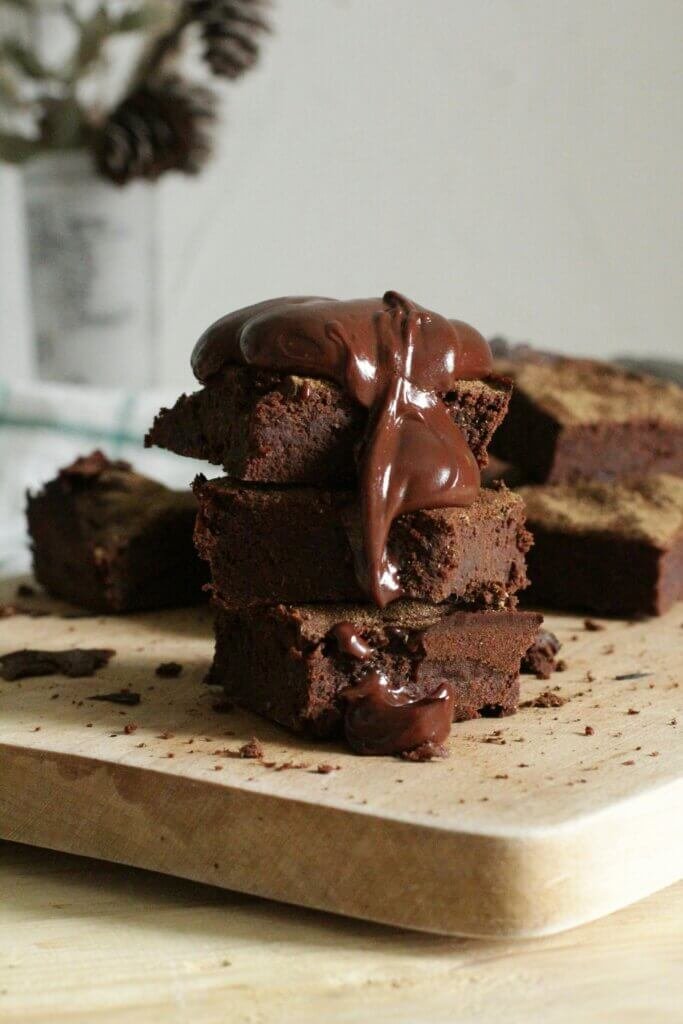
Factors Affecting Baking Time
While temperature and timing are critical in baking, there are several other factors that can affect the overall baking time. Pan size and material, altitude, oven type, and moisture content are all variables that can impact how long your baked goods need to stay in the oven. Understanding these factors and their effects will help you adjust your baking time accordingly. In this section, we will discuss the influences of pan size and material, altitude, oven type, and moisture content on baking time.
Proper Timing Techniques
Achieving perfect timing in baking requires the use of effective techniques for monitoring and adjusting the baking process. Utilizing timers and alarms, observing visual cues for doneness, understanding the toothpick test, and adapting to different ovens and equipment are all important techniques to master. In this section, we will provide tips on using timers and alarms effectively, monitoring visual cues for doneness, explaining the toothpick test, and adjusting for different ovens and equipment.
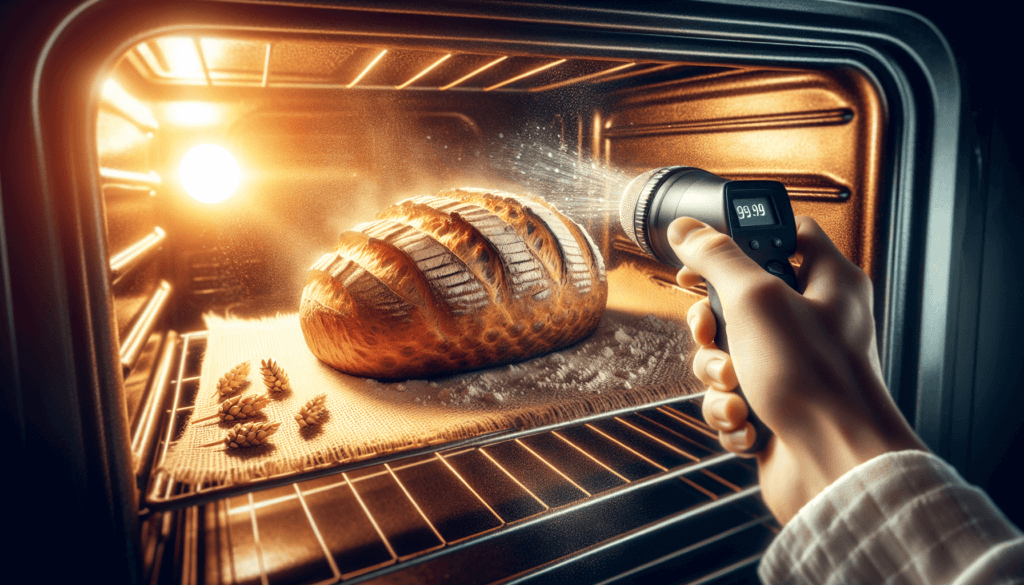
Temperature and Timing Tips
To ensure accurate temperature control and precise timing, here are some valuable tips to keep in mind. These tips will help you avoid common pitfalls and troubleshoot any temperature or timing issues you may encounter during the baking process. Additionally, we will provide guidance on adapting recipes to different altitudes and climates, which can impact temperature and timing. In this section, you’ll discover tips for accurate temperature control, guidelines for precise timing, troubleshooting temperature and timing issues, and adapting recipes to different altitudes and climates.
Experimenting with Temperature and Timing
While understanding the science behind temperature and timing is essential, there is always room for experimentation in baking. By recording and analyzing your results, modifying temperature and timing variables, and observing the impact of changes on the final baked goods, you can refine your baking skills and create unique recipes of your own. In this final section, we will explore the role of experimentation in baking, the importance of recording and analyzing results, tips for modifying temperature and timing variables, and the impact of changes on the final baked goods.
In conclusion, temperature and timing are critical factors in successful baking. Understanding how temperature affects ingredients, mastering timing techniques, and experimenting with different variables will help you achieve the desired results in your baked goods. By paying attention to temperature control, timing considerations, and the chemical reactions that occur during baking, you can elevate your baking skills and create delicious treats that will impress your family and friends. So, grab your apron, preheat that oven, and embark on a baking journey where temperature and timing truly matter.
